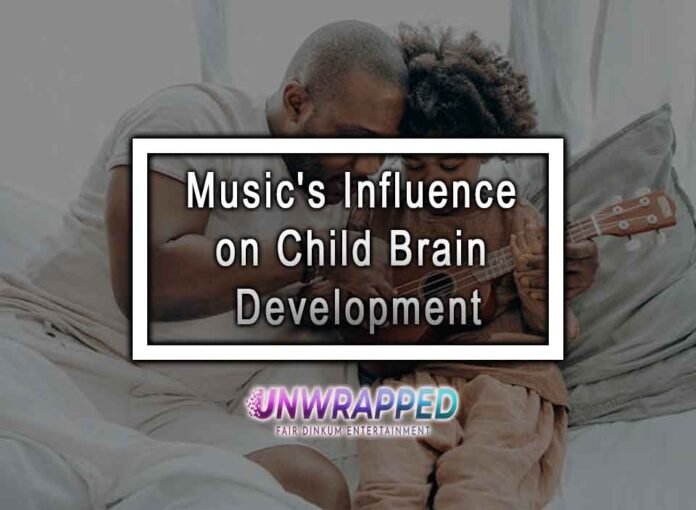Unveiling the Melodic Magic That Shapes Young Minds
In the fascinating realm of child development, music emerges as a star player, wielding the power to sculpt young brains in extraordinary ways. Beyond its toe-tapping appeal, music holds the key to nurturing cognitive capacities, emotional resilience, social skills, and beyond. Join us as we embark on a captivating exploration of how music weaves its melodic threads into the tapestry of children’s brain development.
1. Brain Beats: Unraveling the Neurological Symphony
Step into the world of neuroscience as we decode the enigmatic impact of music on the developing brain. Researchers have found that exposing children to diverse musical experiences cultivates intricate neural connections, fortifying areas responsible for language processing, problem-solving, and pattern recognition. It’s like giving the brain a captivating workout, tuning it for lifelong learning.
2. The Mozart Marvel: Enhancing IQ and Spatial Skills
While the “Mozart Effect” isn’t a guaranteed ticket to genius, it does have a twist of truth. Engaging with complex musical compositions, especially from maestros like Mozart, can temporarily enhance spatial-temporal abilities. So, set the stage for intellectual growth by introducing your young prodigy to the classics – who knows what harmonious genius might emerge?
3. Emotional Crescendo: Harmonizing Hearts and Minds
Music is an emotional language that resonates deeply. By immersing children in a spectrum of musical genres and styles, parents can help them grasp the intricate nuances of emotions. This sonic journey nurtures empathy, emotional intelligence, and a profound understanding of human feelings. A dose of musical medicine for the heart and soul!
4. Creative Cadence: Unlocking the Gates of Imagination
Every note is a brushstroke on the canvas of imagination. Whether composing melodies, crafting lyrics, or experimenting with instruments, children flex their creative muscles through music. Encourage them to dance with their thoughts, paint with melodies, and compose symphonies of their own – a surefire way to foster a lifetime love affair with creativity.
5. Social Symphony: Music’s Role in Communication and Collaboration
Pass the mic to social development! Engaging in musical activities – be it singing in choirs, jamming with friends, or playing in bands – encourages teamwork, cooperation, and effective communication. Music provides a harmonious platform for children to learn the art of listening, taking turns, and harmonizing with others. A musical ensemble today, a collaborative dream team tomorrow!
6. Memory Harmonics: Mnemonic Magic of Melodies
Ever noticed how a catchy tune stays stuck in your head? Music has an uncanny ability to enhance memory retention. When information is set to music, it becomes easier to recall. Leverage this musical mnemonic to help your young learners effortlessly remember facts, figures, and even their ABCs.
The Resounding Finale – Elevating Young Minds Through Melody
As our melodious exploration draws to a close, we’re reminded that music isn’t just an auditory delight; it’s a potent elixir for holistic brain development in children. From firing up neurons to fostering emotional intelligence and teamwork, music is a versatile tool that parents and educators can wield to sculpt young minds into well-rounded individuals. So, let the rhythm guide you as you embark on this harmonious journey, nurturing the minds of tomorrow with the timeless magic of music.
Check this: The Power of Music in Advertising and Branding: A Harmonious Connection










